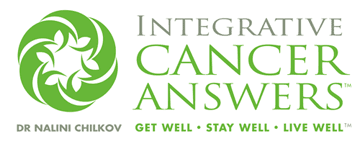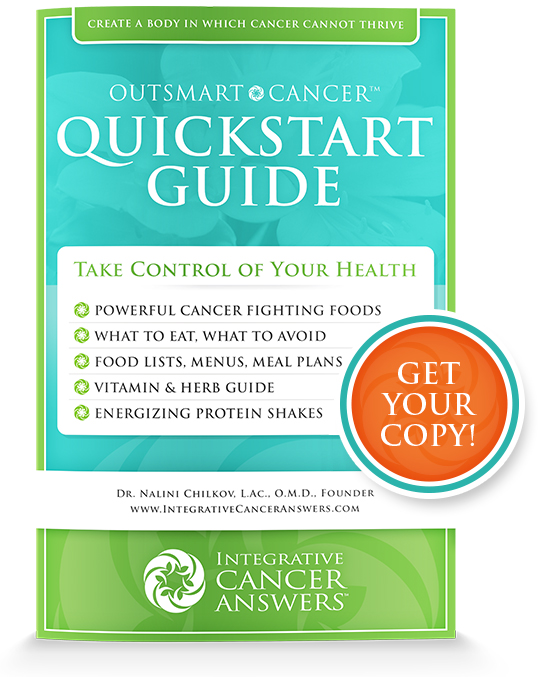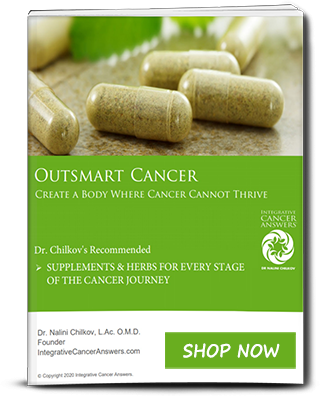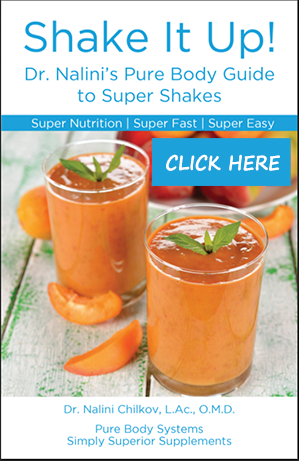
In Part One I discussed the first Six of Twelve Factors Common to the development of BOTH Cancer and Heart Disease and what you can do with diet, lifestyle, heart healthy and immune healthy foods and nutrients as well as traditional herbal tonics to cause and create a Healthy Heart and Blood Vessels as well as a body that is Resistant To Cancer Growth and Development.
Here are the Second Six Risk Factors and what you can do now to turn the tide back against Cancer and Heart Disease and towards health…Naturally
- Poor Stress Management/High Levels of Stress Hormone (Cortisol): Learning to relax and to manage stress is a lifelong challenge and a skill to be learned and practiced. High levels of the stress hormone Cortisol increase agitation, muscle tension, increase insulin and blood sugar, disrupt sleep, lower immunity and have negative effects on the heart, the brain, clear thinking and ability to manage emotions. Learn meditation and relaxation and stress management techniques. Set aside at least 20 minutes or more daily to unplug and relax deeply. Explore gentle yoga or tai chi. Spend time in nature and with your loved ones. Keeping your blood sugar stable by eating whole unprocessed foods at regular intervals (rather than skipping meals) lowers cortisol and makes it easier to relax, manage stress and mood and sleep restfully. Rhodiola and Siberian (Eleutherococcus) Ginseng Herbal teas and extracts have been used by Olympic athletes to support stamina and endurance during the stress of training and competition.
- Age: Over 50: With increasing age the risks for both cardiovascular diseases (heart attack, stroke, blood vessel diseases, heart failure) as well as many cancers increase. You cannot do much about your age, you can get regular screenings (breast exam, gynecologic exams, PAP test, prostate exam, colonoscopy, cardiovascular exam for heart fitness and blood vessel health, blood tests) as well as annual physical check ups in order identify early warning signs. Making changes in lifestyle, diet, exercise, sleep habits and management of stress have profound effects on the presence or absence of health and disease as we age. Our needs for many nutrients also increases. A practical strategy for many people is a multivitamin supplement as a way to be sure to get adequate amounts of vitamins and minerals every day, especially on those busy days when we do not eat well. In China there is a tradition of drinking nourishing herbal tonics after age 40. These nutrient rich herbs include Goji Berry, Schizandra Berry, several types of Ginseng Root as well as Astragalus Root and Dong Quai for example.
- Menopause/Andropause Changing levels of hormones in both women and men with increasing age leads to changes in both immune robustness and thus our resistance to infections and cancers as well as decline in the health of our heart muscle and blood vessels. Hormonal changes to the brain can increase risk of depression and anxiety. The quality and duration of restful sleep may decline. Many lifestyle factors such as diet and food choices as well as exercise can impact our hormonal health. Talk to your doctor about testing your hormone levels. Production of hormones requires a diet rich in healthy fats and healthy protein. Your need for Magnesium may increase as well. Discuss the addition of highly absorbable Magnesium glycinate chelate with your health care provider. Add magnesium rich foods such as almonds or an ounce of 70% dark chocolate. In South America, Maca Root tea is enjoyed by both men and women for its nourishing and balancing effects.
- Depression/Social Isolation/Loneliness: Emotional and mental health is intimately linked to our physiologic health. It is all one continuum. The stresses of heart disease, heart attack, stroke, cancer diagnosis and treatment can lead to depression and despair. Conversely, the changes in body chemistry that accompany cancer and heart disease can effect the brain, mood , perception and thinking. Treatments such as chemotherapy drugs, pain medications and cholesterol medications can increase depressive symptoms. Patients with a good support system, close friends, family and community have better outcomes and recoveries and longer lives than those who are isolated. Daily meditation practice has been shown to be as effective as anti-depressant medications in some people.
- Low Vit D Levels: Low Vitamin D levels increase risk of both cancer and cardiovascular diseases. Low Vitamin D also increases susceptibility to depression. Protective levels of Vitamin D are between 55-80 ng/dl. Ask your health care provider to measure 25-OH Vitamin D in your blood to determine if you would benefit from taking a Vitamin D3 supplement.
- Low Levels of Omega Three Fatty Acids: Omega 3 Fatty Acids such as EPA and DHA are healthy fats that have a positive impact on inflammation control, immune modulation, regulation of normal mood. These healthy fats contribute to healthy cholesterol levels. Omega 3 Fatty Acids also promote normal cell cycling and control of the growth and spread of cancer cells. These healthy fats are found in cold water fish such as salmon, cod and sardines, high omega 3 eggs, grass fed beef, lamb and bison and in small amounts in flax seeds and walnuts. EPA and DHA are also available in liquid and capsule form, an easier way for many people to get higher levels every day. You may want to ask your health care provider or nutritional consultant to guide you towards foods that high in Omega 3 fats and measure your fatty acids in your blood. A Mediterranean Diet is naturally high in nutrients that protect against both cancer and heart disease.
Don’t Miss Part One of What Do Cancer and Heart Disease Have in Common?













As Seen On: